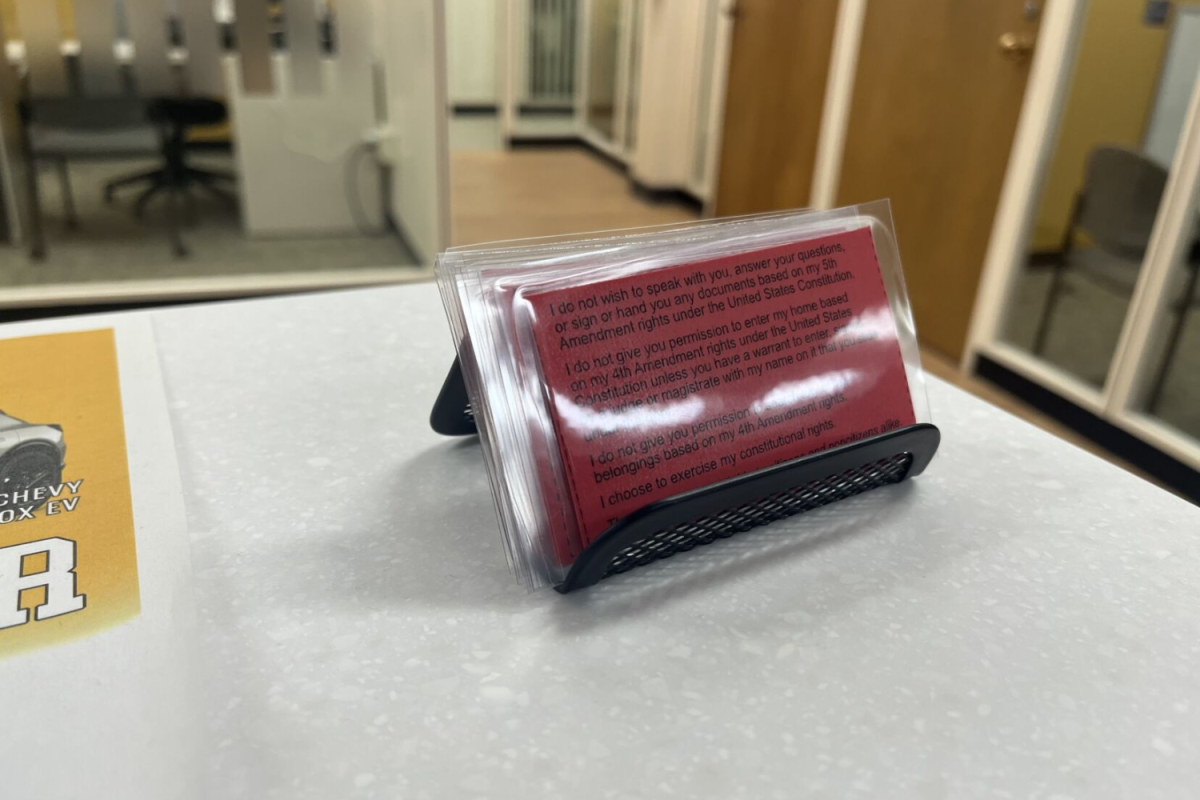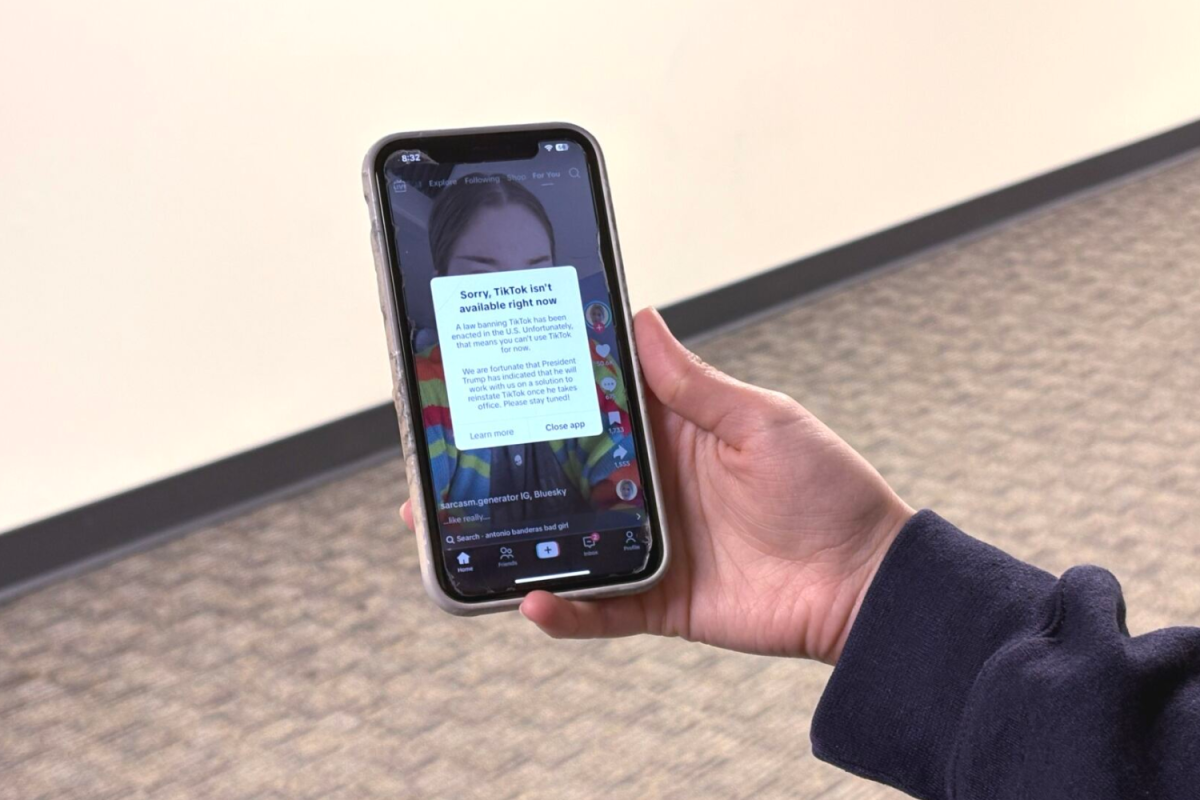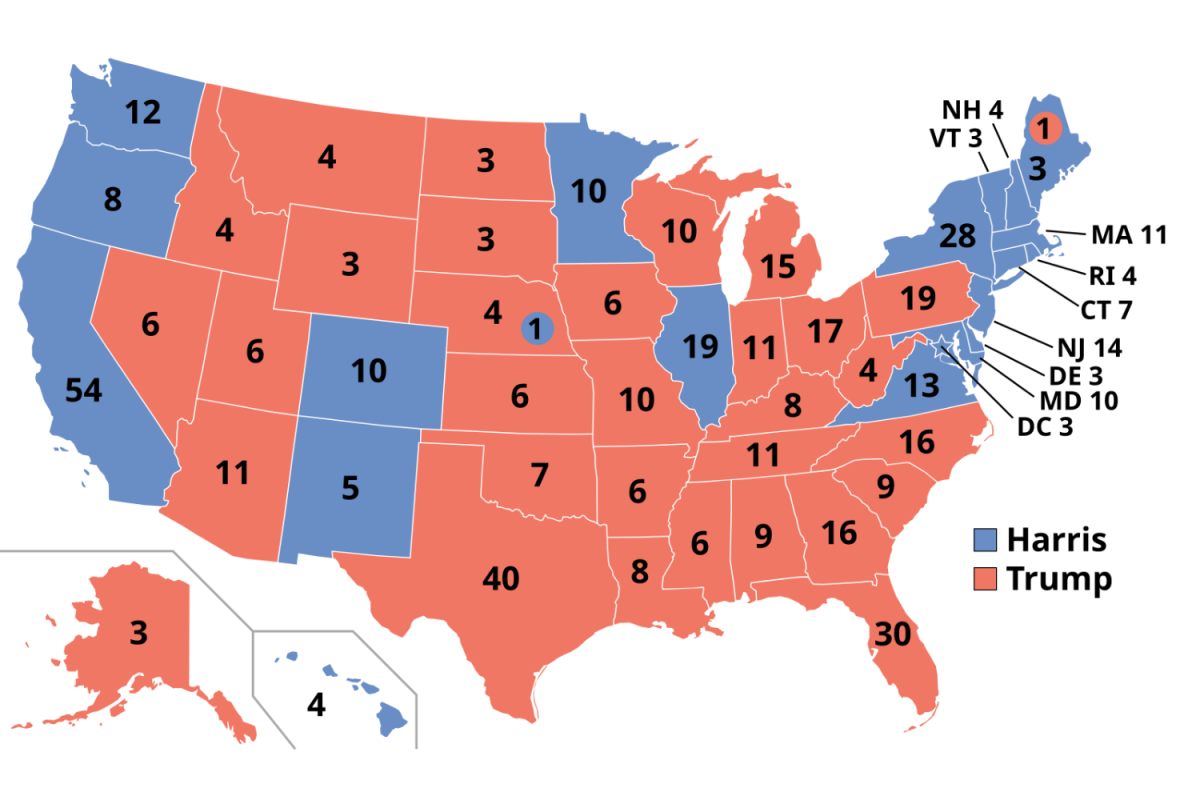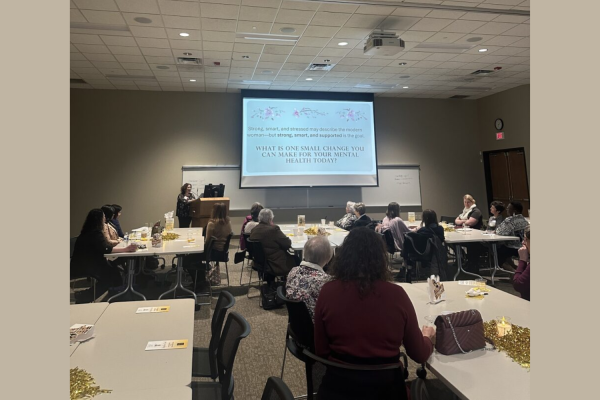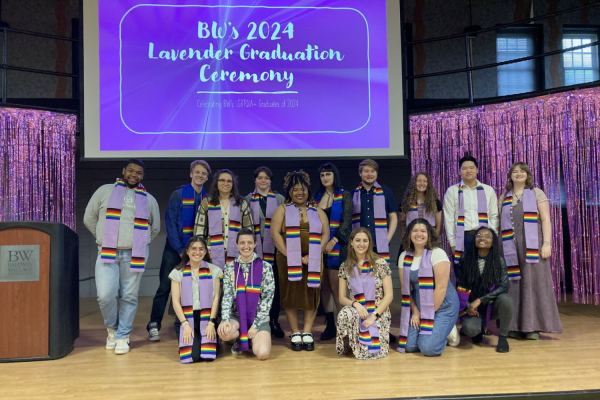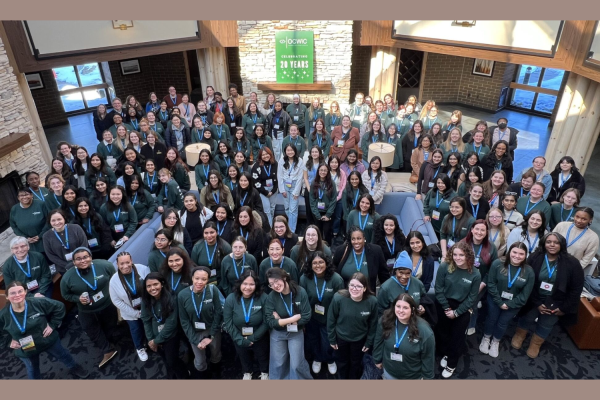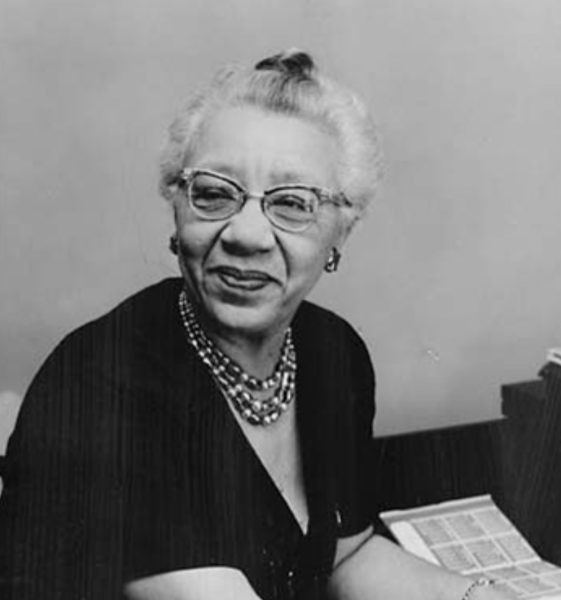Skills learned in college are more important than choice of major, professors say
Does your major matter? Not as much as your skills in core competency areas like leadership and critical thinking, according to BW professors currently working in disciplines different from their undergraduate majors.
While many students agonize over their choice of undergraduate major, the decision may not be as important after graduation.
Patrick Keebler, director of BW’s Career Center, said that employers are looking to see if candidates have attained “core competencies.”
Core competencies are baseline skills in areas like self-development, communication, critical thinking, equity & inclusion, leadership, professionalism, teamwork and technology. According to Keebler, employers want to know if someone can apply these skills in the way that their job requires.
Every major at BW provides students with these core competencies but have different ways of applying the skills within them, Keebler said.
Because of the value of soft skills and core competencies, many undergraduate majors at BW and other liberal arts institutions are versatile. The skills gained through their major can be applicable if people change their career or pursue further education in a different field.
Andrew Dohanos, associate professor and chair of the Department of Communication Arts and Sciences, received his undergraduate degree in business administration from BW.
Dohanos attributed his decision to study business to not knowing what he wanted to do upon entering college. After taking a few business courses, he “slid into becoming a business major because it just made some sense,” he said.
However, after taking a public speaking course in his third year, Dohanos realized what he was most interested in was how and why people communicate as they do.
He completed the business degree and later received a master’s in communication theory and a doctorate in communication studies.
Despite the shift in his path, Dohanos feels his undergraduate degree is still useful.
“I think just about anything you learn in any field is going to be beneficial to you in the long run,” Dohanos said. He further explained that when problems arise, everything people learn gives them tools to solve those problems with.
Susan Kuznik, professor and interim dean for the Carmel Boyer School of Business and director of the healthcare M.B.A. program at BW, received her undergraduate degree in computer information science at Cleveland State University to satisfy her interest in math and science.
She later earned a master’s in organizational development and analysis because she wanted to understand how successful businesses function. She received a doctorate in business administration and went on to teach full-time at BW.
While the specific knowledge gained from the computer information science degree is now outdated, Kuznik said the skills she gained from the management, leadership and business aspects of that degree can be applied in any field.
The admission process for BW’s graduate school programs do not place high importance on undergraduate majors in its admission process. Lauryn Rosinski, admissions counselor for graduate and professional studies, said that this is because graduate school is about exploring new opportunities and expanding one’s passions.
Applicants are instead examined holistically, considering several factors including job experience, grades and volunteer work.
“[Admissions counselors want to] learn about the student and their authentic selves … just seeing what else they can bring to their experience here,” Rosinski said.
Correction: An earlier version of this article published “When problems arise, everything people learn gives them tools to solve those problems with” as a direct quote. This was a paraphrase from the author, indeed. We have updated this post.
The Exponent is looking for financial contributions to support our staff and our newsroom in producing high-quality, well-reported and accurate journalism. Thank you for taking the time to consider supporting our student journalists.




